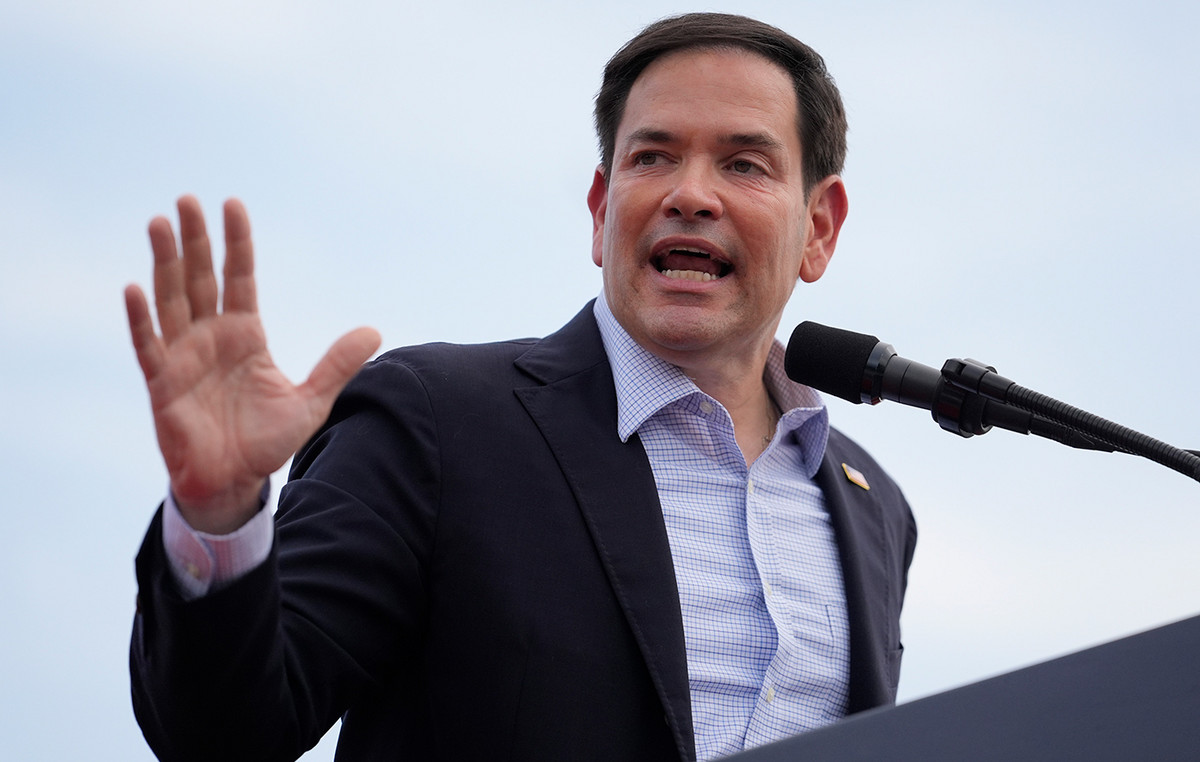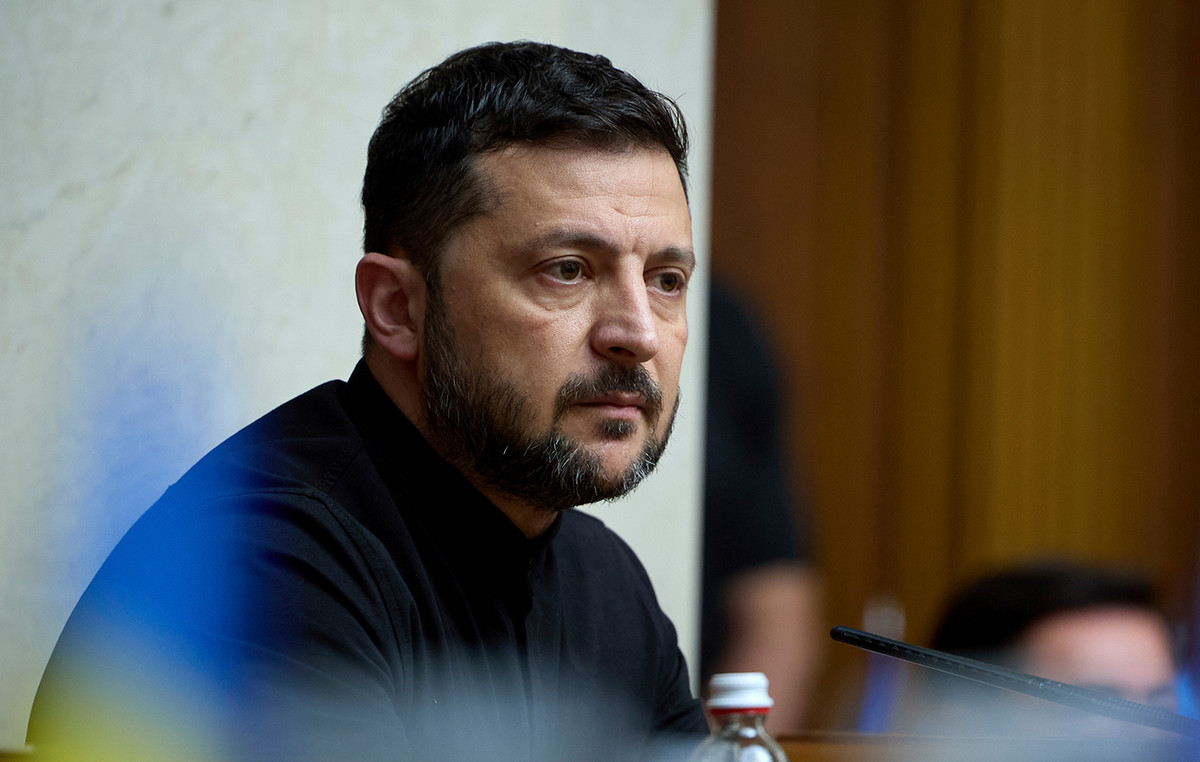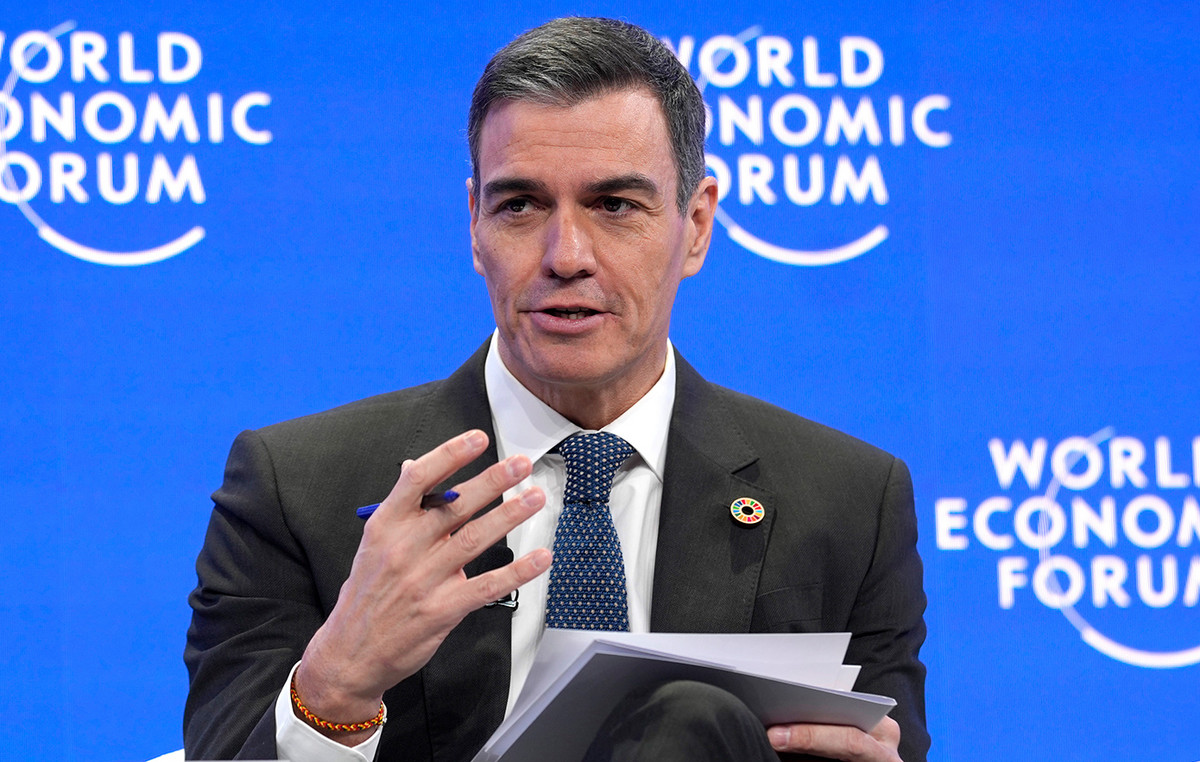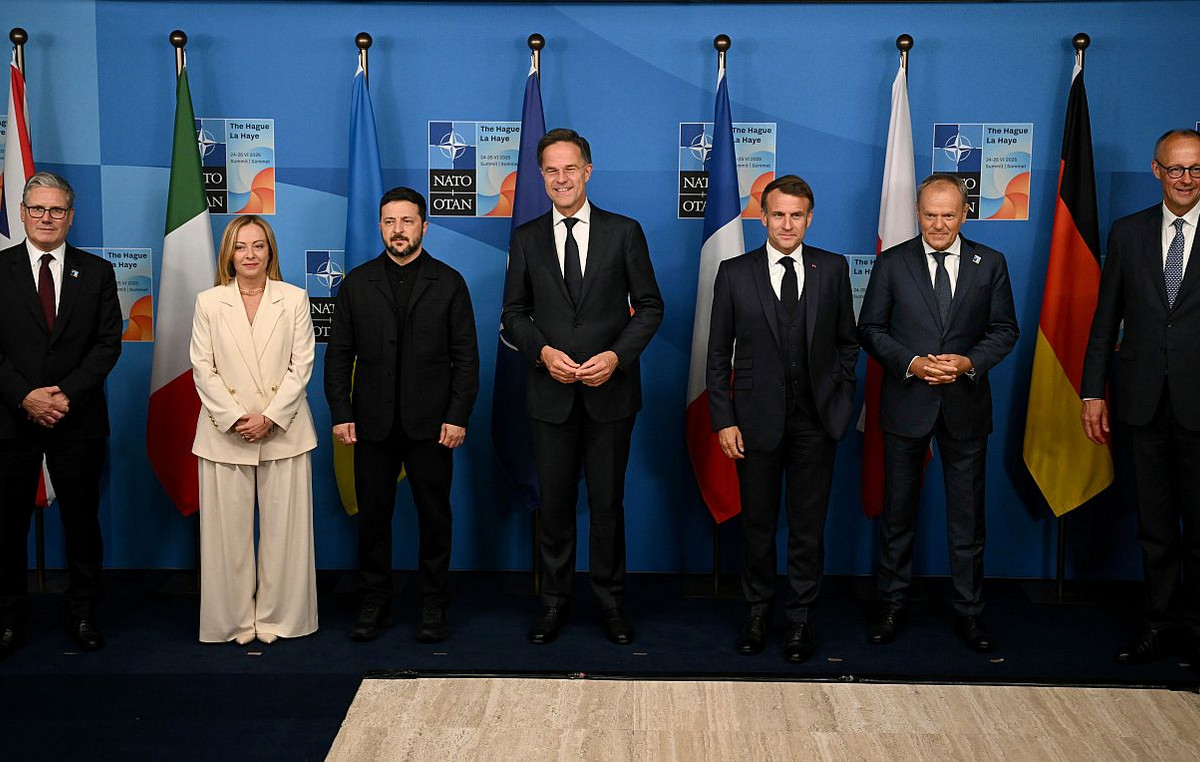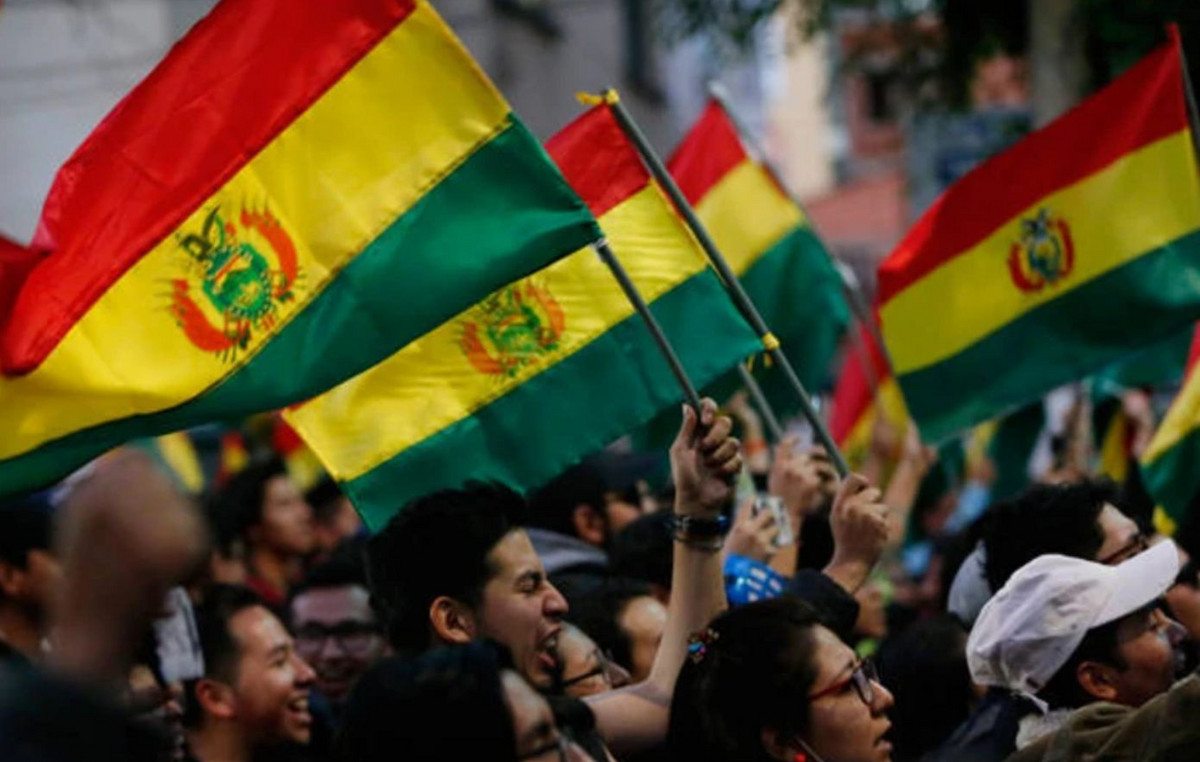Lula’s attacks against the Central Bank are already having repercussions abroad. Pressure from the Brazilian president for a reduction in interest rates and on BC president Roberto Campos Neto was highlighted in a report by Capital Economics, a consultancy based in London, UK, and widely known by the markets.
The publication recalls that this type of policy of trying to reduce interest rates by force tends not to work. They mentioned the example of the Dilma government and other emerging countries.
The strongest example they gave was what happened in Turkey about 10 years ago, when under very strong political pressure from the autocratic president Recep Tayyip Erdoğan, the Turkish Central Bank was forced to artificially reduce the interest rate. The result is that after 10 years, rates had to increase and turkey ended last year with 64.3% inflation for the year, one of the highest in the world.
The report highlights two results of this policy of hitting and trying to reduce interest rates by force and attacking the BC’s independence policy. The first is that this has the exact opposite effect of what President Lula intends, because long-term interest rates are already rising.
The second consequence is that, in the opinion of Capital Economics, this type of debate takes the government’s attention away from other foci that are much more important in the country’s economic and social policy.
See more in the video above.
*With information from Américo Martins, CNN correspondent in London / published by Ligia Tuon
Source: CNN Brasil
I am an experienced journalist, writer, and editor with a passion for finance and business news. I have been working in the journalism field for over 6 years, covering a variety of topics from finance to technology. As an author at World Stock Market, I specialize in finance business-related topics.

